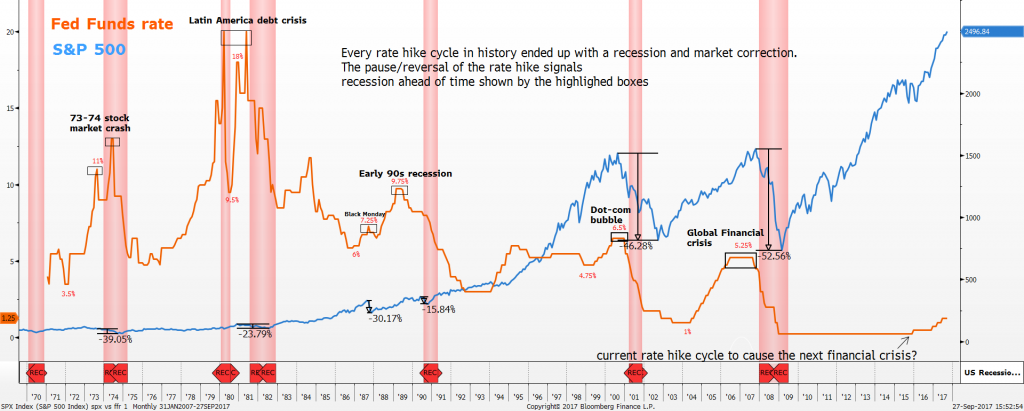Hold onto your hats, folks, because things are heating up in Pakistan. Reports are flooding in of multiple explosions rocking Karachi, the capital of Sindh province. The blasts centered around the Shah Faisal Colony and the Malir district, sending shockwaves – both literal and figurative – through the city.
Now, let’s be clear: this isn’t just noise. Karachi is a vital economic hub for Pakistan, and instability there has ripple effects across the entire nation, impacting everything from trade to investor confidence. We’re talking about a potential economic domino effect here.
Let’s dive a little deeper into why this matters, particularly from a financial perspective. Pakistan’s economy is already walking a tightrope, battling inflation and grappling with debt. Events like these are a massive red flag for international investors.
Understanding Pakistan’s Security Landscape:
Pakistan has a complex security situation. Historically, it’s faced challenges from internal militant groups and regional geopolitical tensions. These issues frequently manifest as sporadic incidents of violence.
Karachi’s Importance:
Karachi is Pakistan’s largest city and its primary port, handling a majority of the country’s foreign trade. Any disruption to Karachi’s operations directly impacts Pakistan’s revenue streams.
Impact on Investor Sentiment:
Events like this significantly erode investor confidence. Increased perceived risk leads to capital flight and reluctance to invest in the region. This stalls economic growth.
Potential for Broader Instability:
Continued unrest in Karachi could spill over into other parts of Sindh and potentially other provinces, creating a wider security and economic crisis.
The situation is fluid, and we’ll be watching closely. Is this an isolated incident or a sign of escalating tensions? What security measures will Pakistan take? More importantly, will the market react? These are the questions on everyone’s mind right now. Stay tuned for updates, because this is one story that could have major ramifications.







